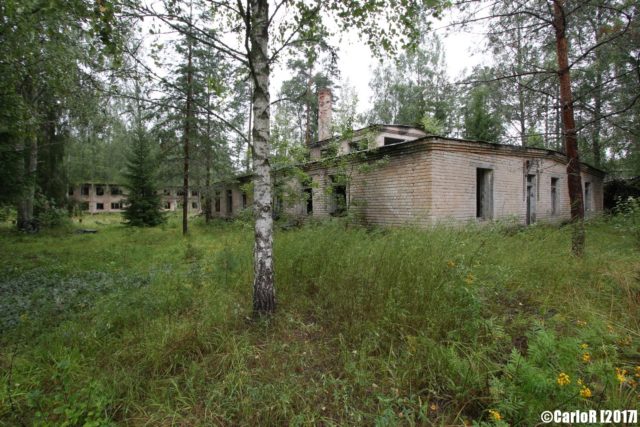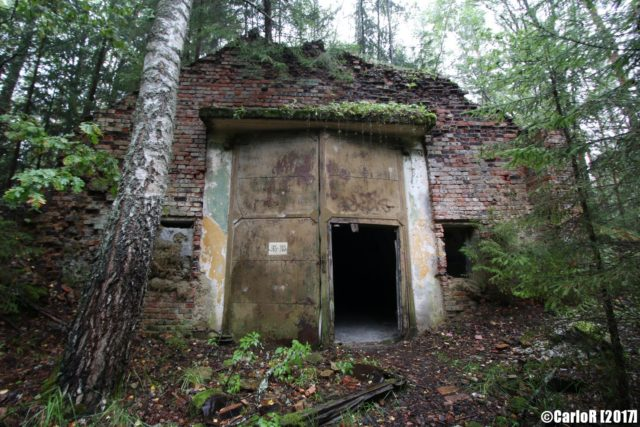There is a former Soviet base called Zeltini that stands isolated from civilization in a forest in northeastern Latvia. The nearest city is Aluksne, 25 kilometers (15 miles) to the east, while the capital, Riga, is 190 kilometers (118 miles) to the south-west.
During the Soviet era, many military facilities were constructed in the Baltic countries. However, at the time, Zeltini was one of the most important sites because it was built during the Cold War and with the capability to handle ballistic missiles.
The base was constructed in 1962 and was in a usable condition until the end of the Soviet Union and the withdrawal of the Red Army to Russia. The complex was surrounded by barbed wire and an electrified fence.
During the Cold War, Zeltini’s base kept between four and eight nuclear missiles in its underground bunkers which were built just over 550 yards apart.
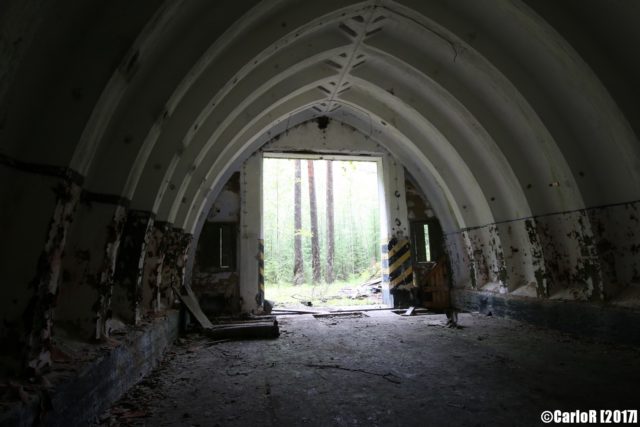
For the entire time that it was operational, the base and the more than 300 military personnel stationed there were on high alert. This was mainly due to the fact that the Cuban Missile Crisis had started just after the building was complete.
One retired soldier who served there described how they would even have to sleep in their clothes with machine guns by their sides, always ready for the command to jump into action.
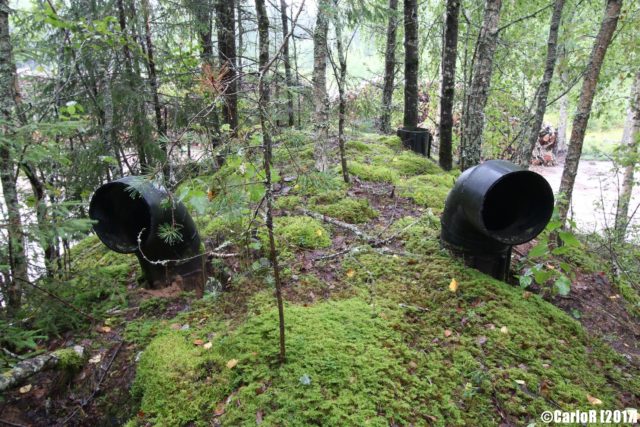
It has been suggested that the missiles housed at the Zeltini base were SS-4 Sandal missiles, the same as those which were set up in Cuba. While such weapons were top-of-the-range in the 1950s, if they’d been deployed in Russia, their range wouldn’t take them as far as Europe. As such, the Zeltini base was the most strategic home for them.
Also on the site are paved areas of concrete slabs intended to act as launchpads. Today, only two of them are still in evidence at the site. A steel crown sunk into the concrete was installed to hold the rockets upright when they were ready to launch.
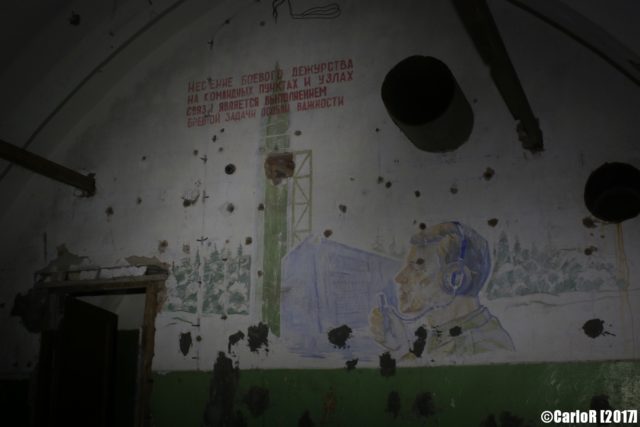
In the late 1980s, the Zeltini base was rendered inactive after the INF Treaty was signed between the US and the USSR, requiring the dismantling of missiles on both sides. All weapons and technical equipment were removed from the Zeltini complex and the site was abandoned.
Today, this once-secret place has become open to anyone to explore. There isn’t much within the building itself because resources such as piping, cables, and anything metal have been scavenged by local residents, leaving only empty buildings and bunkers behind.
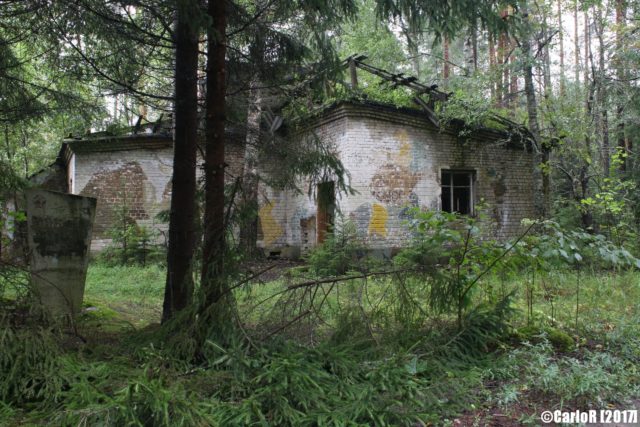
Some of the site has been rented out to a private business that specializes in storing and processing timber. Storage facilities that once held nuclear warheads now hold only timber.
Walking across the vast territory, visitors might stumble upon the remains of bunkers, warehouses, and other structures. Perhaps the strangest sight is coming across a three-meter high bust of Lenin which has been dumped on one of the two launch sites. It is the most photographed object in the area.
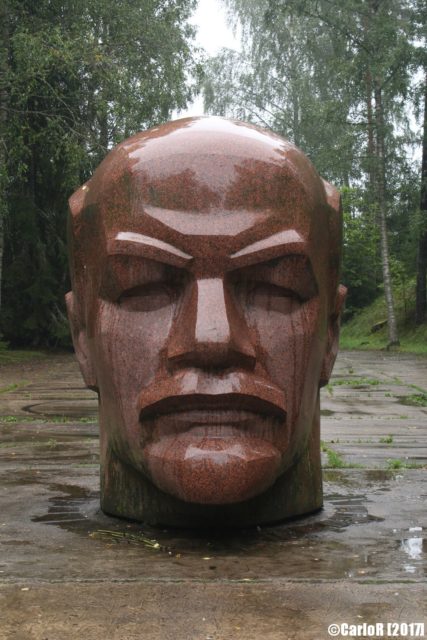
The bust is made of granite and is believed to have been moved there in the early 1990s. It was brought from the nearby town of Aluksne, a move that saved it from being destroyed. Next to it is a map and a plaque with details about the base and its history.
The photographer, CarloR, runs a blog about his travels. He likes to visit places that do not usually fit into typical travel plans. Before each trip, he carefully plans all the details and uncovers as much as he can about the history of his chosen location.
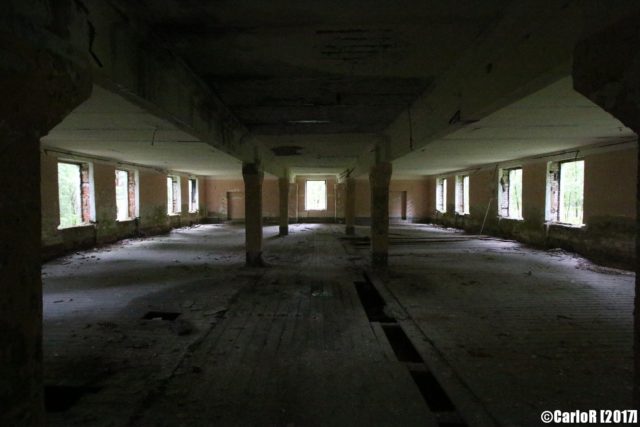
Afterward, he openly shares everything that he has learned as well as his experiences upon reaching his destination.
CarloR also takes many detailed photographs of his explorations and publishes them in an article. Visit his website and feel free to contact him with any questions about trips you might have.
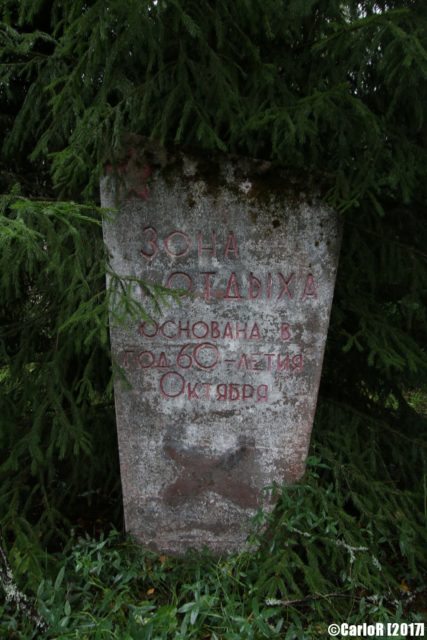
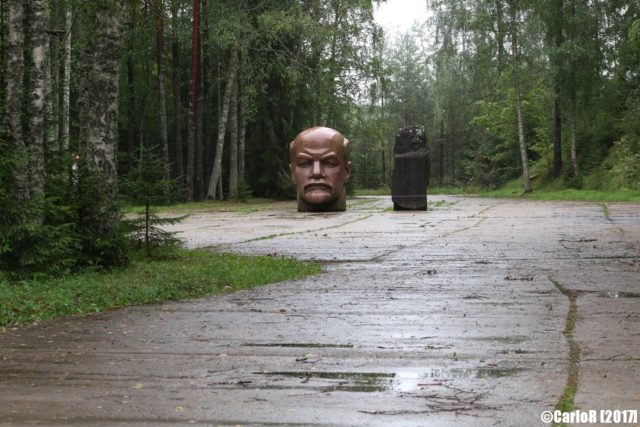
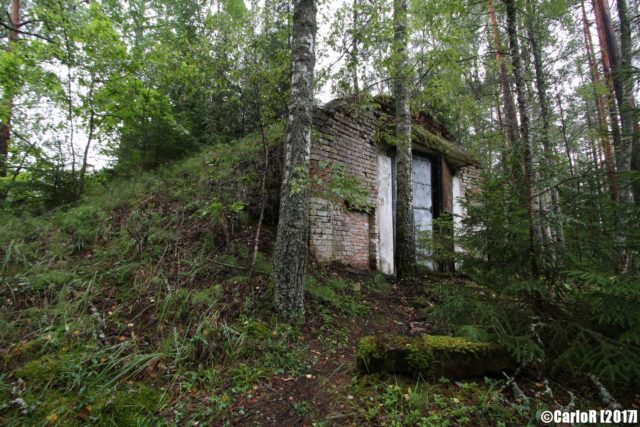
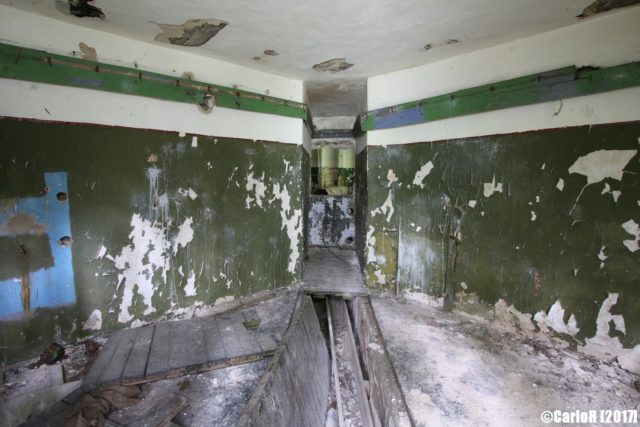
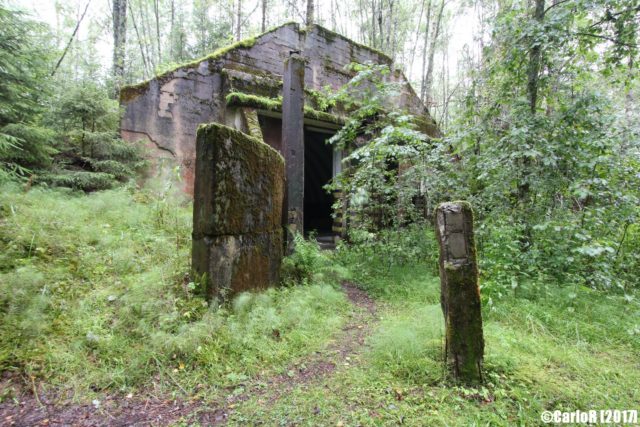
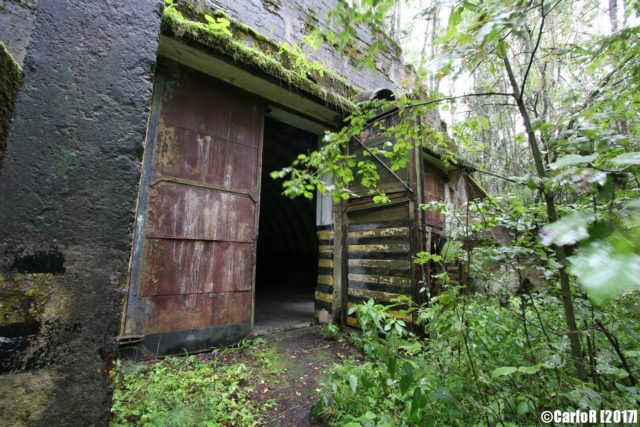
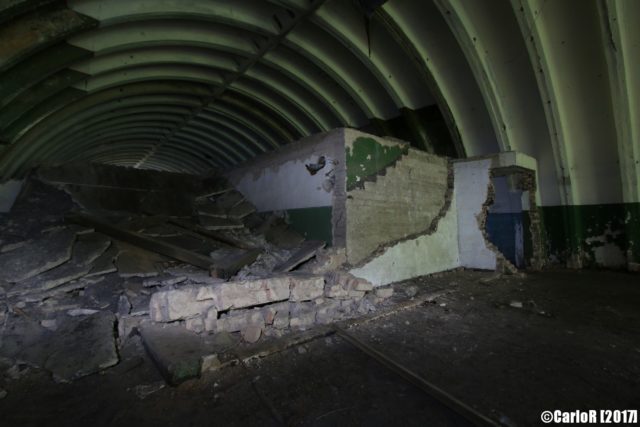
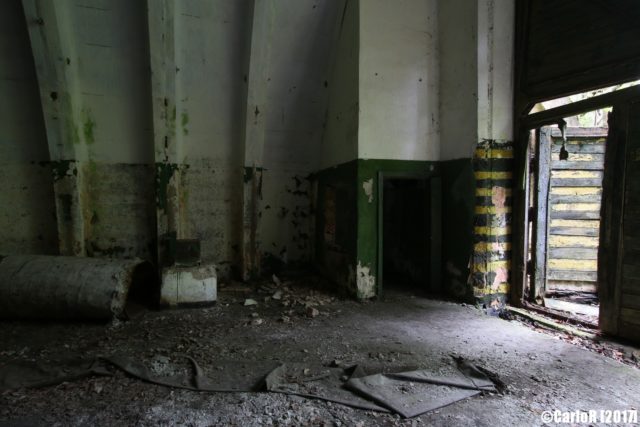
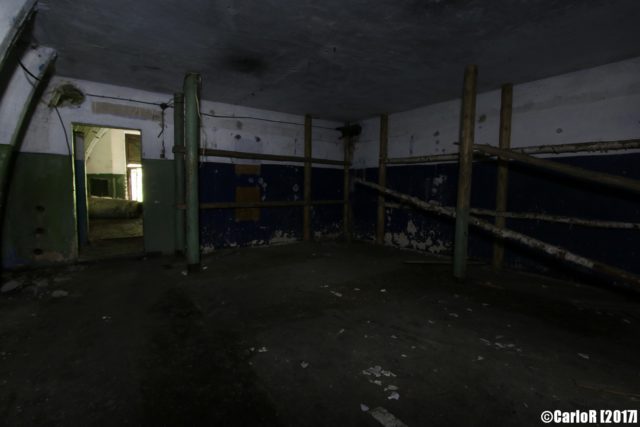
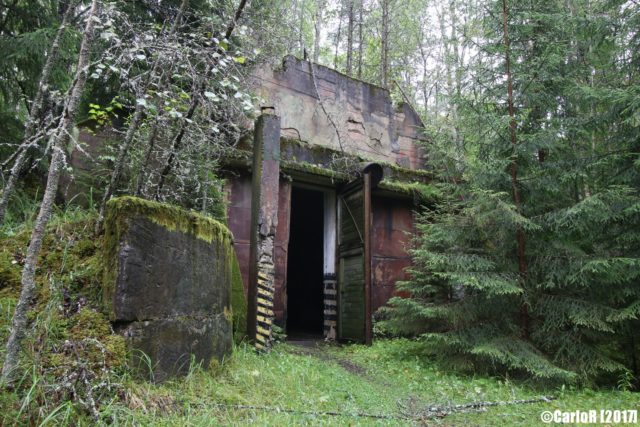
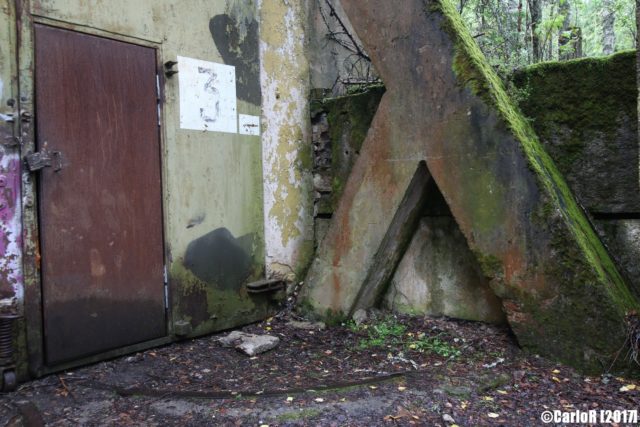
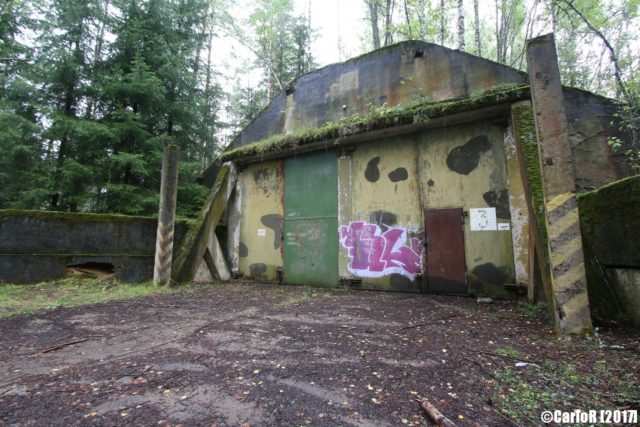
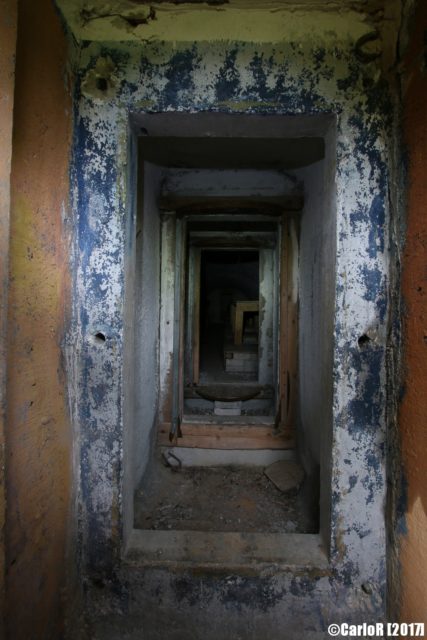
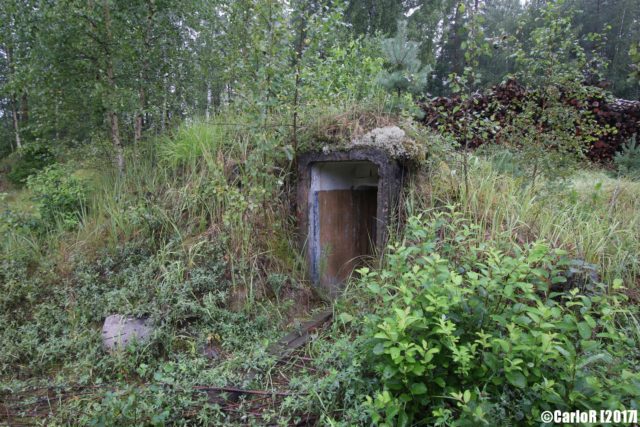
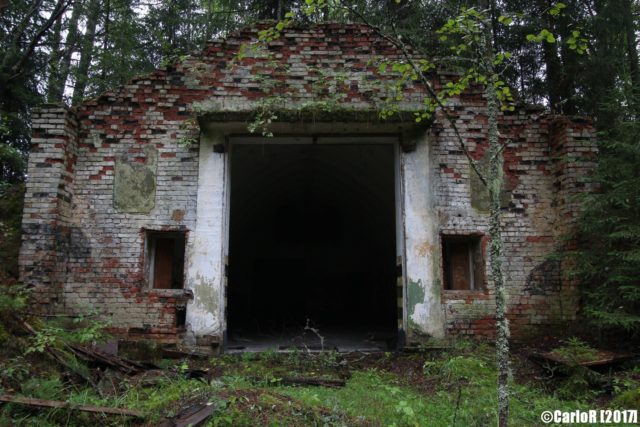
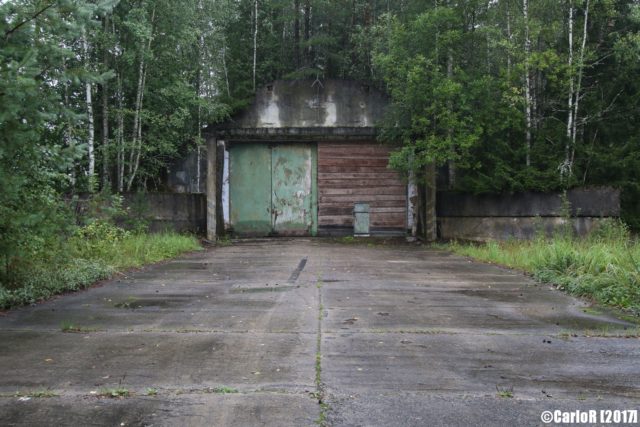
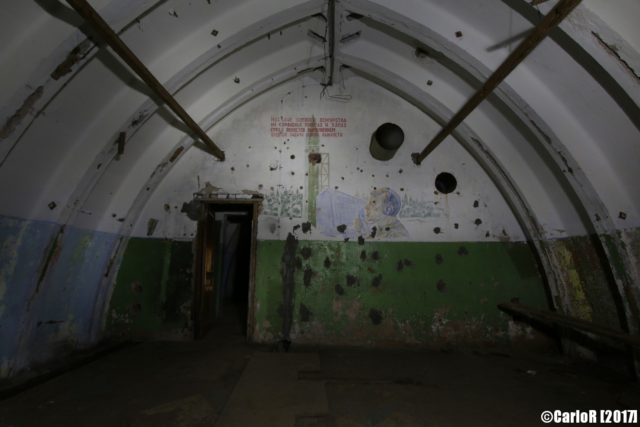
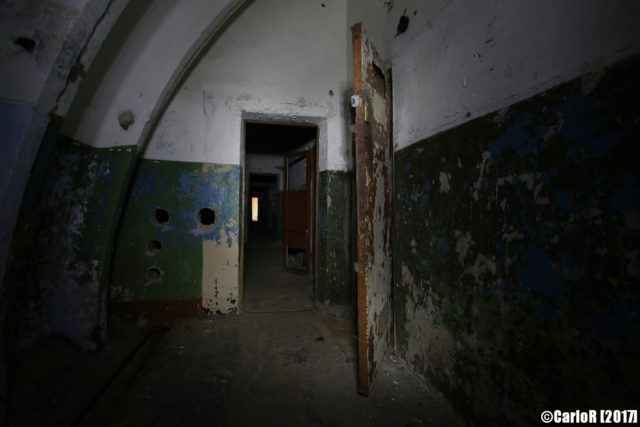
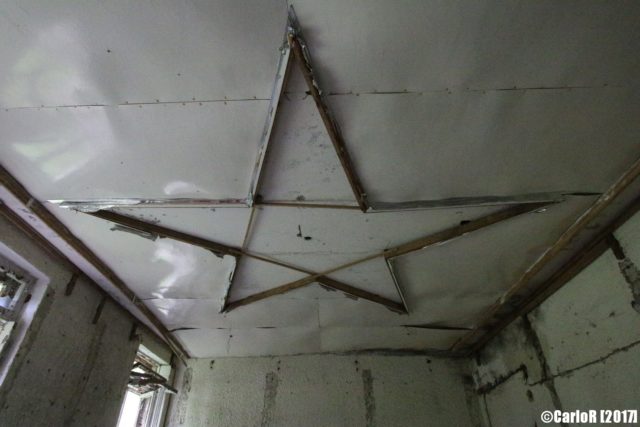
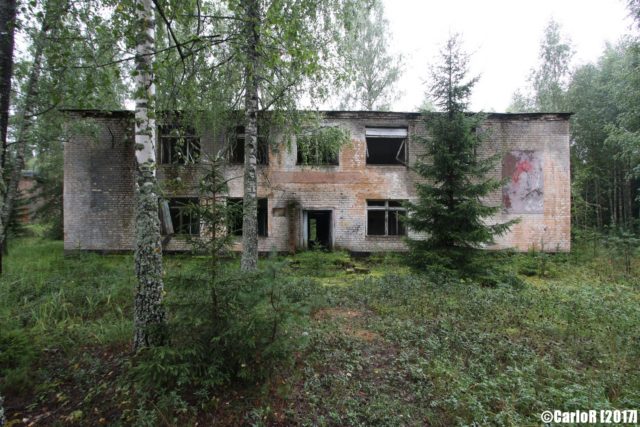
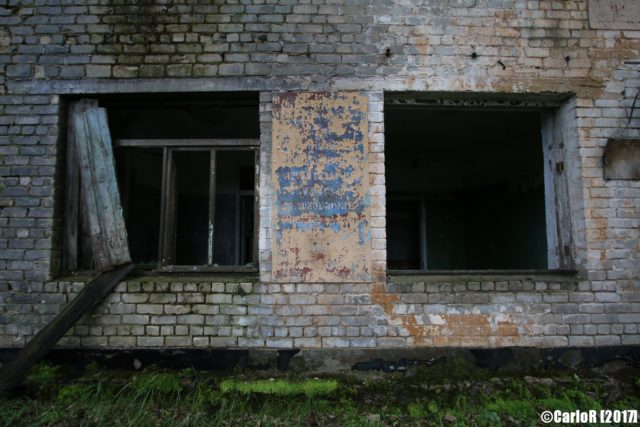
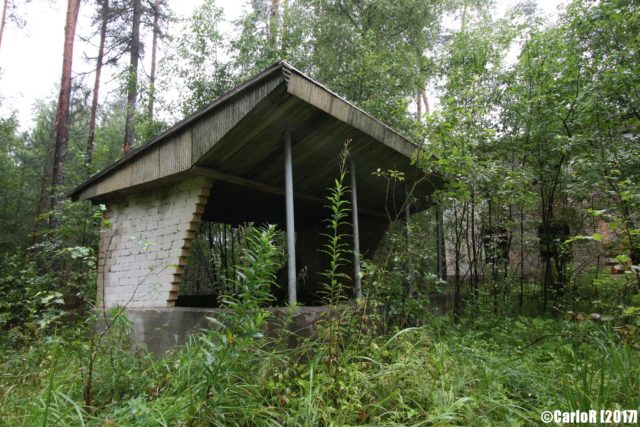
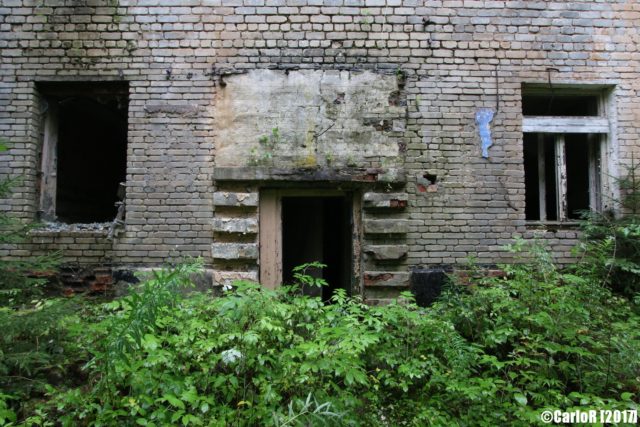
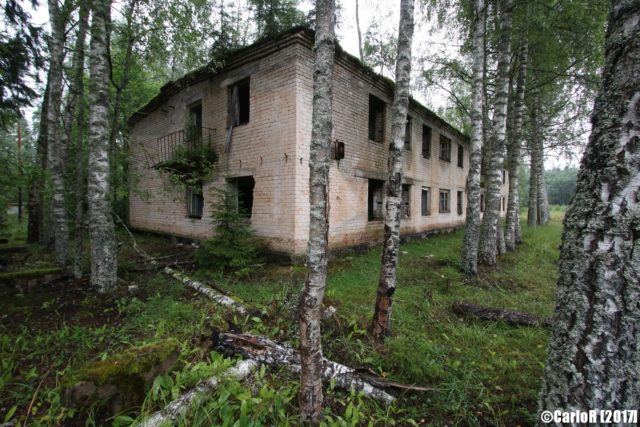
Abandoned US military bases in Vietnam
